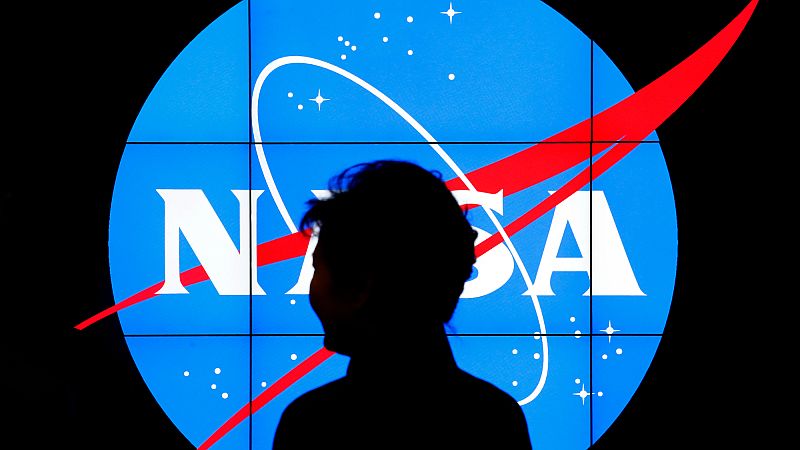
Google and NASA, the American space agency, are collaborating on an artificial intelligence (AI) tool to address health problems in space, as the United States eyes longer term missions to Mars and the Moon.
Called the “Crew Medical Officer Digital Assistant,” the automated system will help astronauts and their medical crews on Earth to “diagnose and treat symptoms” in real time during space missions, according to a blog post from Google.
The tool will also support flight surgeons, the specialised physicians in space medicine, by giving them data and predictive analytics to aid their decision-making, the post said.
The early results for the proof-of-concept project showed “reliable diagnoses based on reported symptoms,” and the company is now working with doctors to test and refine the model.
The AI digital assistant would give detailed diagnoses and treatment options when astronauts have limited contact with their teams on Earth, the company said.
That, Google said, “is becoming increasingly important as NASA missions venture deeper into space”.
The work comes as NASA prepares to launch the Artemis II and III missions that will bring humans back to the Moon for the first time since the Apollo program in the 1960s. These Moon missions are part of a roadmap to the United States’ first Mars missions, which are planned for the 2030s at the earliest.
“This innovative system isn't just about supporting space exploration; it's about pushing the boundaries of what's possible with AI to provide essential care in the most remote and demanding environments,” Google said.
What kind of medical support do astronauts currently get?
NASA astronauts receive general medical training in cardiopulmonary resuscitation (CPR), behavioural health, basic first aid, and how to use a medical kit. They also learn about specific space-related illnesses, like the effects of carbon dioxide exposure on the body and decompression sickness.
Doctors, psychologists, and flight surgeons are part of an on-ground NASA crew that support the health of astronauts before, during, and after space missions, the agency said.
Astronauts can access a “robust pharmacy” and medical equipment on the International Space Station (ISS) and are able to return to Earth should they need urgent medical care.
However, a 2023 study on independent space medical operations published in the IEEE Open Journal of Engineering in Medicine and Biology noted that astronauts on missions outside of low-Earth orbit (LEO), for example those heading to the Moon or Mars, would not have access to real-time medical support due to communication delays.
The Moon is outside of LEO, so the researchers predicted that there will be up to a 10-second communication delay and that any emergency evacuations back to Earth could take as long as two weeks.
For multi-year missions to Mars, it becomes even more difficult, the study noted. It would take six months to extract an astronaut in a medical emergency and fly them over 500 million kilometres back to Earth.
Plus, any urgent communications would face a delay of up to 40 minutes, which means onboard medical support will have to be “substantially more robust than on ISS,” the study found.
For a Mars mission to be successful, the medical system would need to “make accurate diagnoses and anticipate the questions of specialists on the ground … [to] limit the need for repeated back and forth exchanges,” the authors said.







